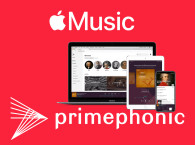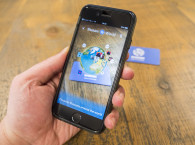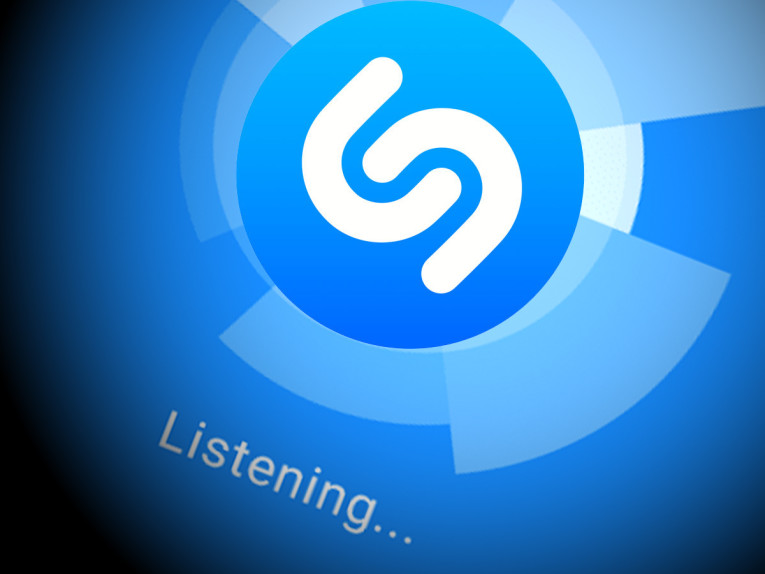
With over one billion app downloads, Shazam helps hundreds of millions of users each month to quickly identify the song that's currently playing on the radio, on the club, anywhere. Users just have to grab their smartphone or reach for their Apple Watch and press the Shazam logo to quickly get full metadata, including album cover and music video (when available) of the song that's playing. Of course, the app also provides users with the ability to send the information about that song to their favorite music streaming service, and start listening immediately, or automatically add the track to a playlist, on Spotify, Apple Music, Youtube, and other services.
Comparing Shazam with SoundHound, a rival technology company which recently has evolved also into voice recognition technologies, Shazam usually provides more results, more often, even though SoundHound is faster to identify popular music. Both music recognition services provide a fast way for users to connect to Spotify, Amazon, Deezer, and Apple Music, which in turn pay the music recognition companies for each click and/or download. In their business model, both companies also connect with social media platforms, and display advertising on its screens, or sell ad-free versions of the apps.
The London-based company has been experimenting new advertising avenues, with its "Shazam Brand Takeover!" initiative, which leverages native-app functionality and enables brands to literally “take over” the app’s entire screen in individual markets for a full day. Shazam's recently appointed Chief Technology, Richard Sharp, previously lead banking-comparison products at Google, and was CTO at Yieldify, a Google Ventures-backed marketing technology startup. Shazam's CEO, Rich Riley, worked previously at Yahoo!, and has been leading the expansion of the company since 2013, taking over from the company's founders.
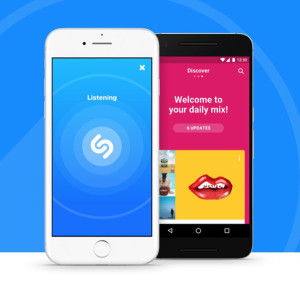 Rich Riley leads the company from Shazam's offices in New York, enabling a direct connection with media and advertising companies. Shazam launched a TV service in the United States, in 2011, during the euphoria days of the "second-screen" strategies, where audio recognition was used to trigger advertising and select television programs. TV related services have gradually evolved as a TV companion app, connecting TV shows and live events with mobile-optimized content and social media. In 2015, Shazam introduced new visual image recognition technologies, which help propell the company's media recognition engine to a new scale. Already in 2017, Samsung Electronics announced a new update for its 2017 Smart TV platform to support Shazam, recognizing the service's popularity.
Rich Riley leads the company from Shazam's offices in New York, enabling a direct connection with media and advertising companies. Shazam launched a TV service in the United States, in 2011, during the euphoria days of the "second-screen" strategies, where audio recognition was used to trigger advertising and select television programs. TV related services have gradually evolved as a TV companion app, connecting TV shows and live events with mobile-optimized content and social media. In 2015, Shazam introduced new visual image recognition technologies, which help propell the company's media recognition engine to a new scale. Already in 2017, Samsung Electronics announced a new update for its 2017 Smart TV platform to support Shazam, recognizing the service's popularity.Another important effort for Shazam was direct integration with the most popular social media services and apps, allowing millions of users to access music discovery services directly within their already-opened app. The most recent example was a partnership with Snapchat, making it possible for users to Shazam from within Snapchat by pressing and holding on the Snapchat camera screen when music is playing nearby.
More recently, Shazam captured the attention of Silicon Valley's giants with the launch of new augmented reality (AR) discovery tools - which make complete sense using the company's apps, services and experience. In March 2017, Shazam announced the launch of a massively scaled augmented reality (AR) platform for its brand partners, artists and hundreds of millions of global users. Shazam’s new platform can bring any marketing materials to life — products, packaging, POS, advertising, events and more — just by utilizing the app to scan unique “Shazam Codes.” The codes are capable of delivering AR experiences including 3D animations, product visualizations, mini-games and 360-degree videos.
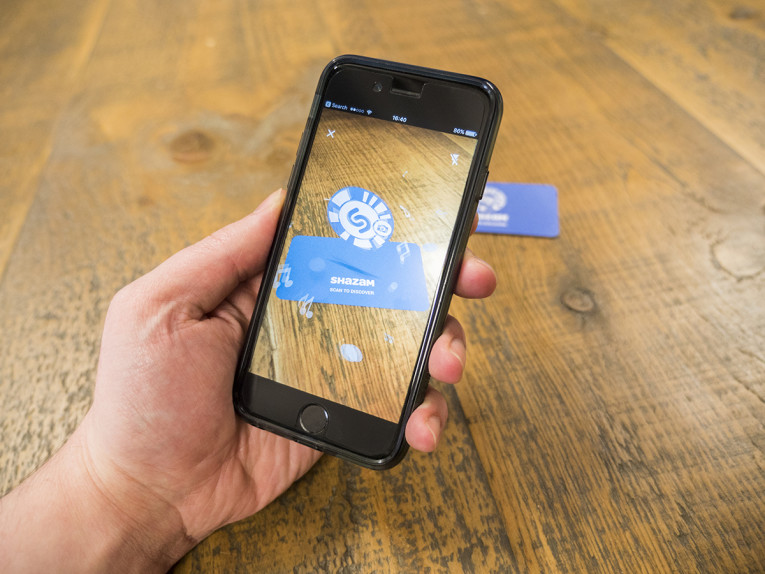
It is true that Shazam music recognition could help expand Apple Siri voice services, could bring extra functionalities to the Apple TV platform, and could help tying users even more with Apple Music streaming. But Shazam is probably worth more keeping its current music-discovery model intact, including its ties with Spotify (with 60 million paying subscribers), Amazon and Google's Youtube.
As an Apple spokesperson said in a statement to BuzzFeed News, the Shazam team "will be joining Apple,” and that "“Apple Music and Shazam are a natural fit." If the acquisition is confirmed - no acquisition price has been made public - and all current investors, which include venture capital firms such as Kleiner Perkins (also a SoundHound investor), and music companies such as Sony Music, Universal Music and Warner Music, will play according to Apple's wishes, this could be a valuable investment for a relatively small amount (compared with $3 billion for Beats, in 2014, anyway).
This post will be updated as more will be officially confirmed.
www.apple.com | www.shazam.com




